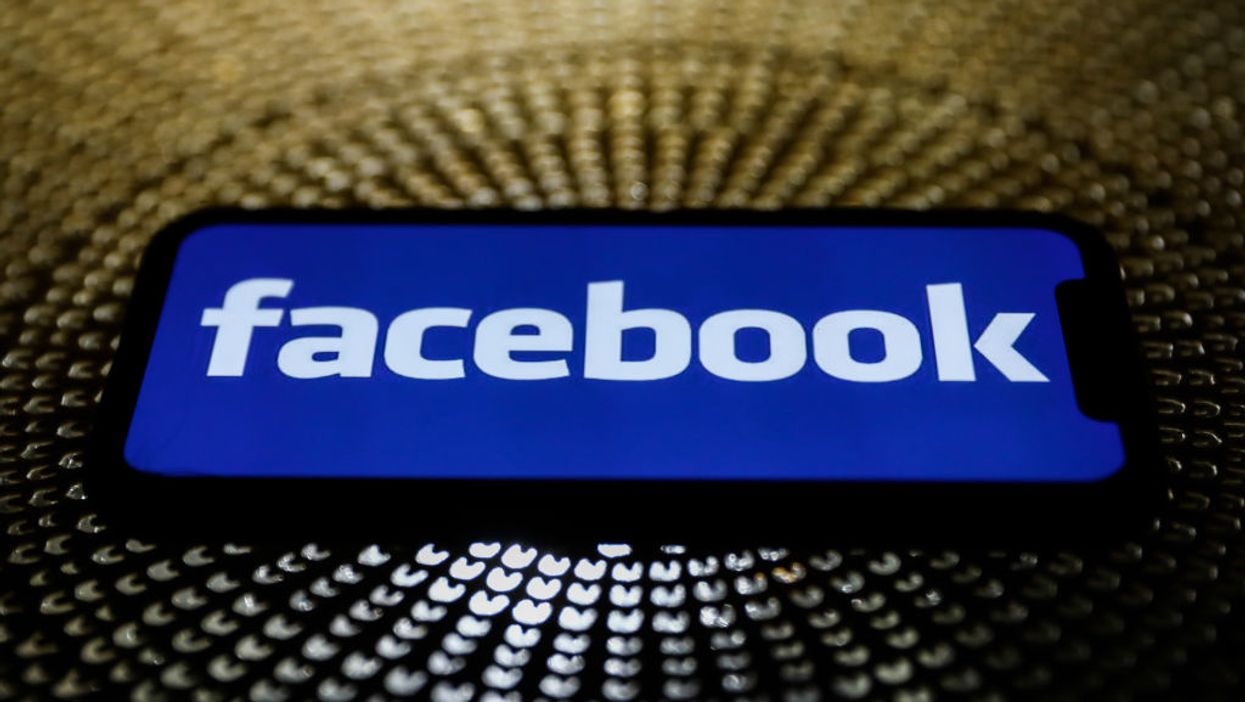
Photo by Jakub Porzycki/NurPhoto via Getty Images

Blatant censorship
In the tense days after the election as claims of widespread fraud were being disseminated on the platform, Facebook reportedly made an "emergency change" to its algorithm to suppress news sources that were spreading what the company believed to be "election misinformation."
According to the New York Times, the change involved weighting news sources using a "secret internal ranking" of publishers that Facebook created based on "signals about the quality of their journalism." The result became the more prominent featuring of posts from mainstream news outlets such as "CNN, The New York Times, and NPR," and the suppression of posts from "right-wing" outlets.
The change — which was hatched by a group of employees and approved by the social media giant's chief executive, Mark Zuckerberg — was reportedly part of several "break glass" plans the company had spent months developing in the case of a contested election. Here's more from the Times report:
It involved emphasizing the importance of what Facebook calls "news ecosystem quality" scores, or N.E.Q., a secret internal ranking it assigns to news publishers based on signals about the quality of their journalism.
Typically, N.E.Q. scores play a minor role in determining what appears on users' feeds. But several days after the election, Mr. Zuckerberg agreed to increase the weight that Facebook's algorithm gave to N.E.Q. scores to make sure authoritative news appeared more prominently, said three people with knowledge of the decision, who were not authorized to discuss internal deliberations.
The change was part of the "break glass" plans Facebook had spent months developing for the aftermath of a contested election. It resulted in a spike in visibility for big, mainstream publishers like CNN, The New York Times and NPR, while posts from highly engaged hyperpartisan pages, such as Breitbart and Occupy Democrats, became less visible, the employees said.
"It was a vision of what a calmer, less divisive Facebook might look like," the report noted, as if granting its approval to the emergency plan. The Times' approval is not surprising since it was explicitly listed as one of the publishers who benefitted from the algorithm change.
The sentiment is not likely to be shared by Republicans and supporters of President Trump, however, who will no doubt see the change as yet another egregious example of blatant, purposeful censorship. The social media company, along with Twitter, had been heavily scrutinized in the weeks leading up to the election for its unabashed censorship of the New York Post's bombshell reporting on Hunter Biden.
Guy Rosen, a Facebook executive who oversees its integrity division, told reporters on a conference call last week that the post-election algorithm changes were always meant to be temporary, but that decision is not uniformly popular at the company. The Times noted that some at the company argued that the changes should become permanent.